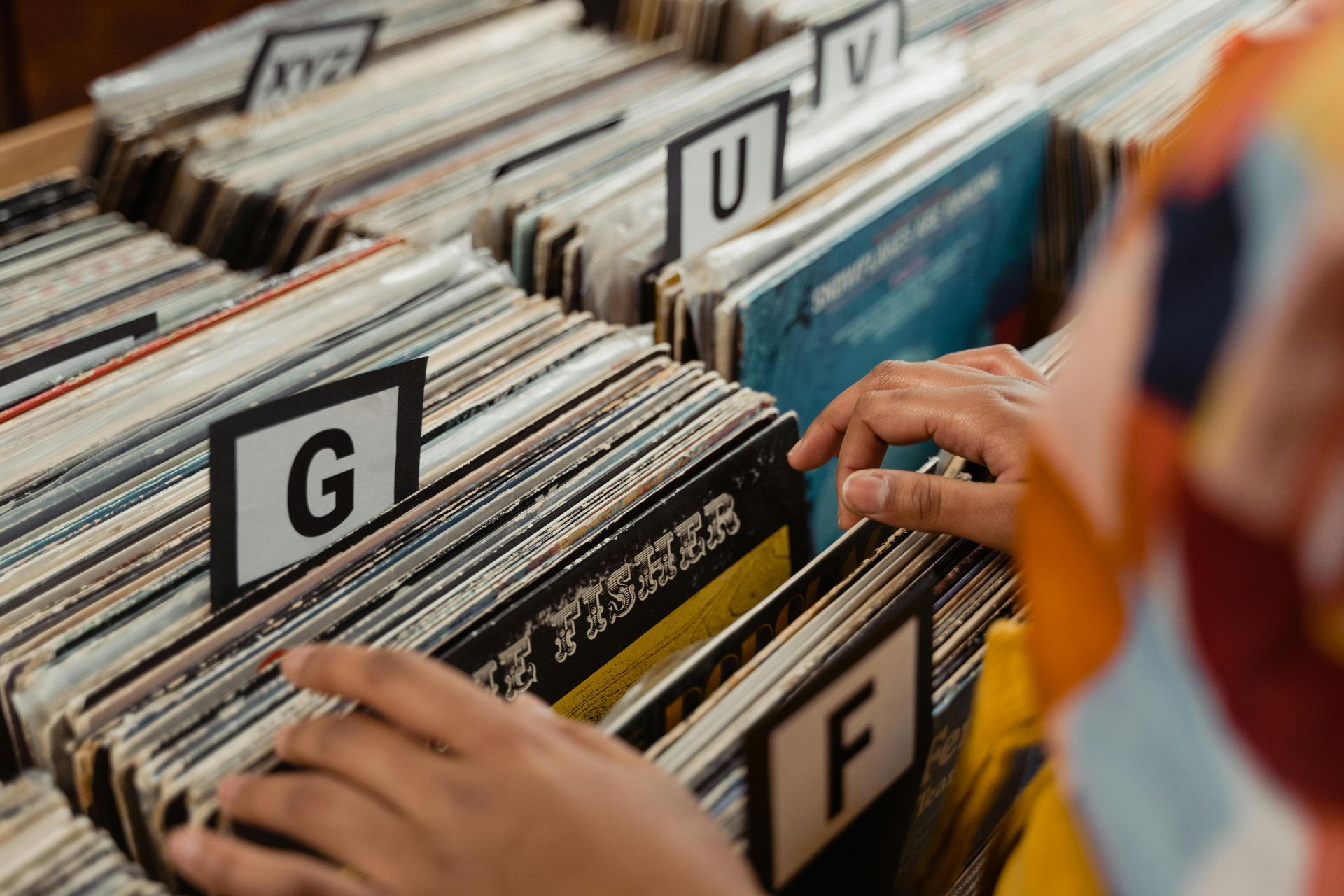Music Royalties & Master Rights: Legacy Artists Reclaiming Their Catalogs
The fight for music royalties and master rights has become a defining issue in the industry.

In recent years, the music world has been buzzing with stories of legendary artists reclaiming ownership of their catalogs. From superstar icons to behind-the-scenes songwriters, the fight for music royalties and master rights has become a defining issue in the industry.
At the heart of the matter is the difference between master rights and publishing rights. The “masters” are the actual recordings of the songs, typically controlled by record labels who financed the original production and distribution. Publishing rights, on the other hand, involve the songwriting—the lyrics and composition. Owning your masters means controlling how your songs are used, licensed, or monetized.
For decades, artists often signed contracts in their early careers that gave labels near-total control over these masters. As a result, many artists saw only a fraction of the wealth their music generated. Now, with catalog sales hitting record highs and music streaming reshaping the revenue model, legacy artists are pushing back. Some are buying back their masters, while others are renegotiating deals or entering disputes with labels to reclaim what they see as rightfully theirs.
These disputes can get messy. Record companies argue they took the financial risk of launching the artist’s career, while artists point to inequities and outdated contracts that leave them underpaid in today’s digital world. Fans often rally behind their favorite artists, seeing catalog ownership as a matter of creative freedom and justice.
The stakes are high. A catalog isn’t just a collection of songs—it’s a legacy. For artists, securing ownership means ensuring their family, estate, and heirs benefit directly from the music that shaped culture. For labels, it’s about maintaining assets that continue to generate significant income.
As the trend continues, we’re likely to see more artists take bold steps to regain control of their work. For fans, that could mean hearing music licensed in new ways, re-recordings (think Taylor Swift’s Taylor’s Version albums), and perhaps even more transparency in how royalties are shared.\
Final Thought
The battle over royalties and master rights is more than just a legal dispute—it’s about ownership, legacy, and fairness. As legacy artists fight to reclaim their catalogs, they’re not only rewriting their own history but reshaping the future of music rights for generations to come.
